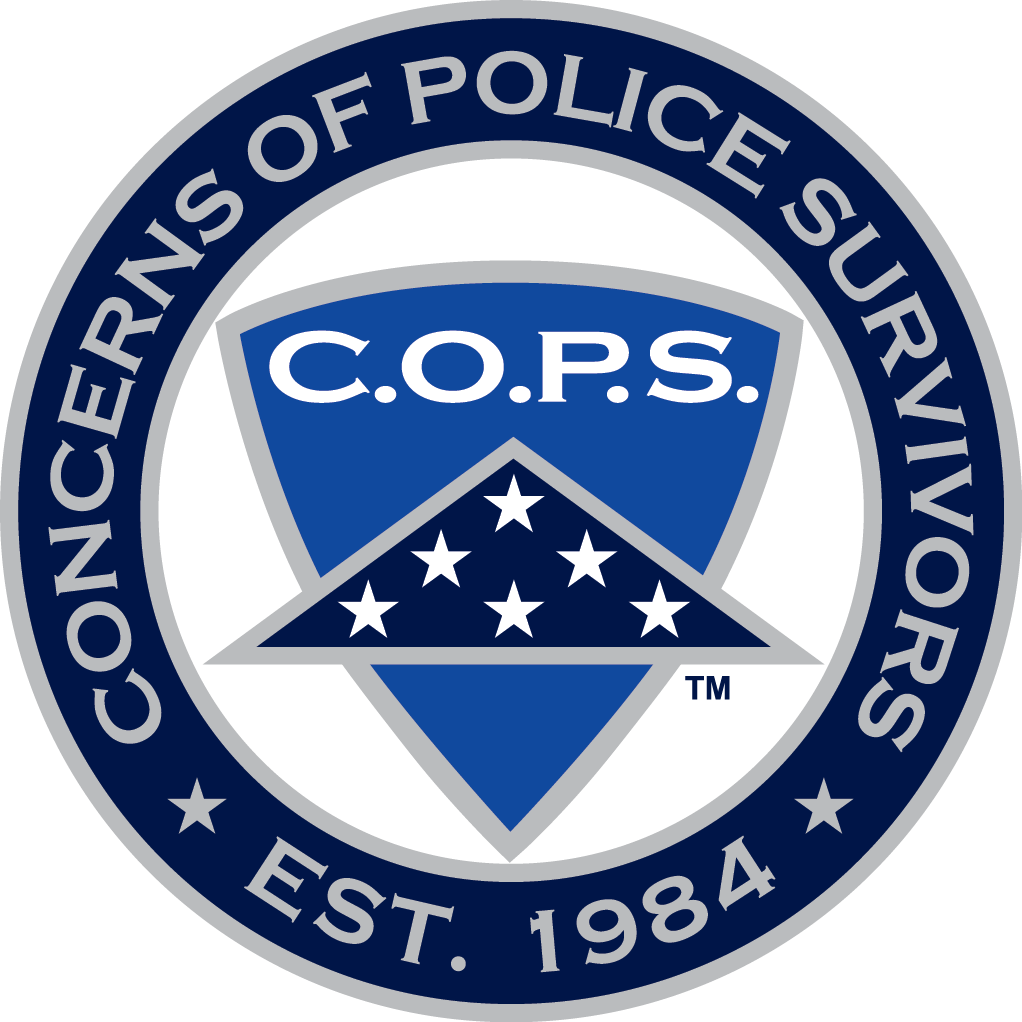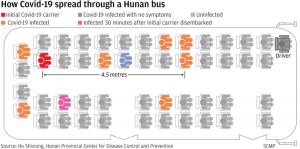Dear Members of Law Enforcement,
Stay home. Socially distance yourself. Work remotely.
All of these are necessary advice given to all of us by our government and health leaders in an attempt to slow the spread of the COVID-19 virus. But you as a law enforcement officer likely can’t take that advice.
You have to go to work to answer the calls to keep us safe. You may or may not have adequate protective equipment, and you certainly don’t know who you may encounter or who may be a carrier of the virus.
But we all know if a citizen with the virus calls 911 with an emergency, you will respond. Our safety and national security depends on it.
At the time this article is being written, at least 41 police officers have died as a result of COVID-19. Unfortunately, there will likely be others. Right now the highest priority is to keep those death toll numbers as low as possible.
Please take steps to limit your exposure at work whenever possible. While reactive policing is not ideal, in times like this, it is unfortunately recommended.
As a retired officer myself, I know our communities will eventually pay the price of having reactive versus proactive policing, but the steps to keep yourself and your families safe should now take priority.
The question is being asked at the local, state, and national level whether officer deaths from COVID-19 will be considered in the line of duty for the purpose of line-of-duty death benefits.
The Department of Justice Public Safety Officers’ Benefit (PSOB) program put out a release today. Quoting straight from the Bureau of Justice release:
“To establish eligibility for benefits under the PSOB Act in connection with a public safety officer’s death or disability due to COVID-19, the PSOB Act and regulations require that the evidence show that it is more likely than not that the disease resulted from the public safety officer’s exposure to the disease or the virus that causes the disease, SARS-CoV-2, while performing a line of duty activity or action.
In general, BJA will find that the evidence shows a public safety officer with COVID-19 contracted it in the line of duty, when:
(1) the officer had engaged in line of duty action or activity under circumstances that indicate that it was medically possible that the officer was exposed to the virus, SARS-CoV-2, while so engaged; and
(2) the officer did contract the disease, COVID-19, within a time-frame where it was medically possible to contract the disease from that exposure.
In addition, in the absence of evidence showing a different cause of death, BJA generally will find that the evidence shows a public safety officer who died while suffering from COVID-19 died as the direct and proximate result of COVID-19.”
So, what can you do now if you come down with COVID-19?
First, please follow all the advice of medical professionals. This virus seems to be unpredictable as to whom it affects the most. While those who are older or have underlying health issues seem to be the most at risk for bad outcomes, there are also perfectly healthy police officers who are dying from this virus.
Don’t underestimate it. If you are experiencing anxiety, please reach out to C.O.P.S. and we can put you in touch with someone for peer support.
Second, document your exposure. If you know that while you were working you came into contact with someone who was known to have the virus, document the date, time, and names of those who were there.
If your agency has a method to document exposure, you should utilize that process. If your agency does not have a process, you should document the exposure yourself and make sure your supervisors have a copy of it.
If you do not know where you contracted the disease, document the hours you were at work and were in contact with the general public during the date range when the general public was asked to stay home and exercise social distancing. Most agencies have an ability to produce call logs that will show when you responded to calls for service. This may be helpful in establishing the evidence needed for your family to qualify for benefits, if it unfortunately becomes necessary.
Third, consider making a claim through workers’ compensation. The documentation you will use to document your exposure may prove valuable if a death benefit claim has to be made later. Your workers’ comp claim can be updated later if you ultimately succumb to the virus.
Last, if you have not updated your personal information for your family to use to make decisions in the event of your death, now is the time to do so.
You can click on this link to access a PDF form you can fill out and then print and put in a safe place. None of your personal information is saved through the form. C.O.P.S. always recommends this information and life insurance beneficiaries are kept up to date, even during times we are not experiencing a pandemic. The peace of mind this provides to your family in the event of your death is invaluable.

At C.O.P.S. we know you do not have the luxury of social distancing. You should also know that C.O.P.S. is here as YOUR organization, committed to every law enforcement family that experiences the loss of their officer in the line of duty, due to this terrible virus. Every service available through C.O.P.S. will be available to these new families.
These are uncertain times. I personally would like to take just a minute to say thank you for what you are doing. There are many heroes during this pandemic event, and you are one of them. While I am no longer considered an “essential” worker, you most certainly are. Thank you from the bottom of my heart.
God bless and stay healthy.
—
Want to make sure you never miss a story from Law Enforcement Today? With so much “stuff” happening in the world on social media, it’s easy for things to get lost.
Make sure you click “following” and then click “see first” so you don’t miss a thing! (See image below.) Thanks for being a part of the LET family!



















